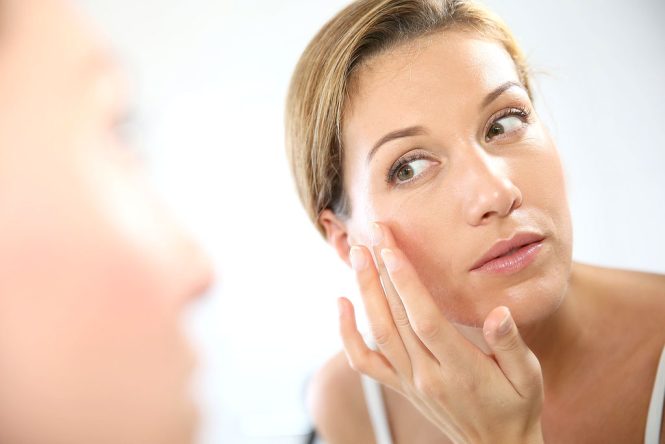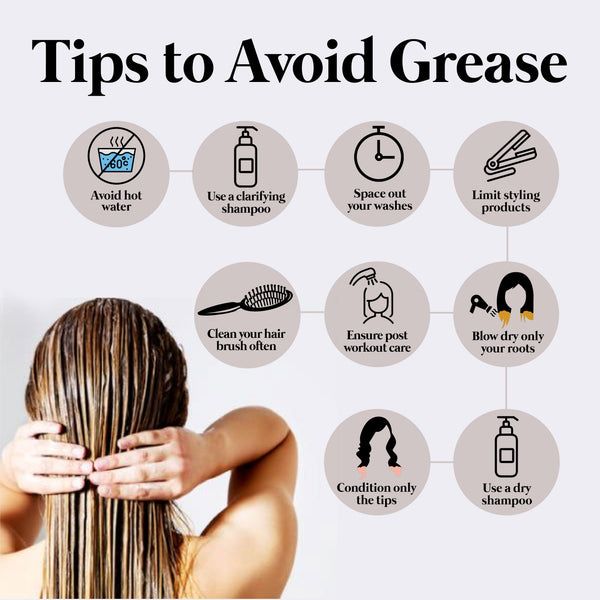

Dental care for oily mouth is crucial for a healthy and aesthetically pleasing smile. An oily mouth, often caused by various factors, can lead to stained teeth, bad breath, and an overall less-than-perfect smile. This article will delve into the key aspects of dental care for oily mouths, outlining practical strategies to combat oiliness and achieve a consistently matte smile. This comprehensive guide will cover dietary adjustments, oral hygiene practices, and when to seek professional help. We’ll explore how to maintain a healthy oral environment and discuss the role of diet and lifestyle in achieving a matte smile.
Understanding the Causes of Oily Mouth
The Impact of Diet on Oral Health
An oily mouth, often associated with a “matte” appearance, is a common dental concern. A diet high in fatty foods, sugary drinks, and processed foods can significantly contribute to oral oiliness. Excessive consumption of these items can disrupt the natural balance of the oral environment, fostering an environment that promotes the build-up of plaque and bacteria. This can lead to a range of oral health issues including staining, bad breath, and ultimately, a dull or less-than-desirable smile. In fact, studies have shown a strong correlation between a diet high in refined carbohydrates and increased levels of oral bacteria.
Identifying Underlying Medical Conditions
Sometimes, an oily mouth can be a symptom of an underlying medical condition. Certain medical conditions, like hormonal imbalances, diabetes, and even some medications, can contribute to an oily mouth. If you experience persistent oiliness, consulting a doctor or dentist to rule out any potential medical issues is always a wise decision. Your dentist will be able to help diagnose the root cause, which could involve further medical testing. For example, someone experiencing significant weight changes could be experiencing an underlying hormonal imbalance which could contribute to oily mouth issues.
Effective Oral Hygiene Practices
Brushing Techniques for Oily Mouths
Proper brushing techniques are essential for maintaining oral hygiene, especially for those with oily mouths. Using a soft-bristled toothbrush and fluoride toothpaste, gently brush all surfaces of your teeth, focusing on the gum line. A significant amount of the excess oil build-up often occurs around the gum line, so be sure to focus on this area. Also, consider using an electric toothbrush, as these are often more effective at removing plaque. It’s crucial to be consistent, brushing at least twice daily for two minutes each time. Aim for a consistent brushing schedule, which helps to prevent issues from arising in the first place.
Tongue Scraping and Rinsing
In addition to brushing, incorporating tongue scraping and rinsing can dramatically improve your oral health and remove excess oil. Tongue scraping helps eliminate bacteria and food particles that contribute to bad breath and oiliness. After brushing, use a tongue scraper to remove any buildup. Rinse your mouth thoroughly with water or mouthwash to eliminate debris and further maintain oral hygiene.
Dietary Strategies for a Matte Smile
Reducing Sugary and Fatty Foods
Limiting your consumption of sugary and fatty foods is fundamental for maintaining a healthy mouth. Sugary foods contribute to the build-up of plaque and bacteria, increasing oiliness. High-fat diets have a negative impact on the balance of the oral environment, leading to more oil buildup. By focusing on a balanced diet that includes plenty of fruits, vegetables, and lean proteins, you can naturally reduce oiliness and promote a healthier mouth environment.
Increasing Hydration
Drinking plenty of water helps wash away food particles and bacteria, contributing to a healthier oral environment. It also helps to prevent dryness, which can exacerbate oiliness. Keep a water bottle handy throughout the day and make a conscious effort to drink regularly.
Seeking Professional Dental Care
Regular Dental Check-ups
Regular dental check-ups and cleanings are vital for maintaining oral health. These appointments allow your dentist to identify any potential issues early on, including the presence of excessive oiliness. Professional cleanings effectively remove plaque and tartar buildup, preventing further issues. Your dentist is your best resource for a comprehensive approach to dental hygiene.
Personalized Oral Care Plans
Your dentist can develop a personalized oral care plan tailored to your specific needs and concerns. They can assess your oral health, identify contributing factors to oiliness, and provide targeted solutions.
Conclusion
In conclusion, achieving a matte smile with oily mouth requires a multifaceted approach combining good oral hygiene, a balanced diet, and potentially professional dental advice. By addressing the root causes of oiliness and practicing consistent dental care, you can achieve a brighter, healthier smile. For further personalized recommendations, consider scheduling a consultation with a dentist to discuss your specific needs and develop a tailored oral care plan. Your radiant smile awaits!